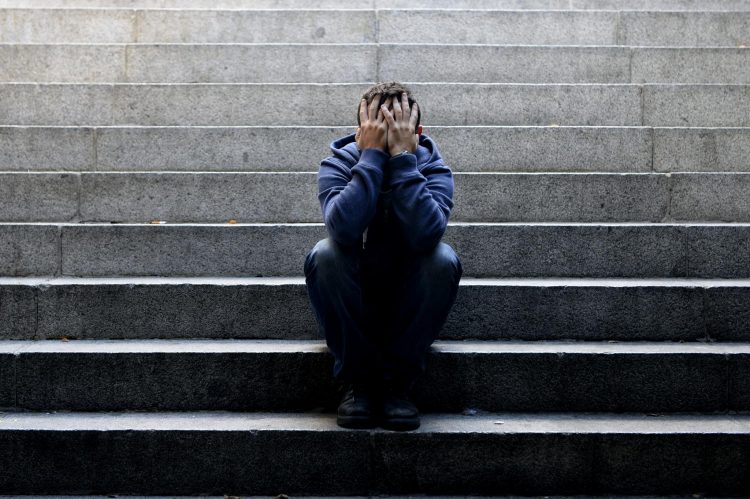Overview
While Depression and Anxiety are two contrasting medical conditions, their symptoms, causes, and treatments can often fold over. Come up with the variations between Anxiety and Depression here;
If you hunt for someone to name two common mental health issues, chances are they will think of anxiety and depression. Despite the fact that they are generally ascribed in conversation, people still struggle sometimes to figure out the contrast between these two conditions.
This is because many people with anxiety also lead to depression and vice versa. Somewhere around 50% of people spotted with depression with also be diagnosed with an anxiety disorder. However, it is crucial to get on the button investigation in order to medicate the correct conditions.
Most people with depression may encounter what is known as “anxious distress” in addition to their low mood. People with anxious distress usually feel tense, restless, and have to go to the effort of concentrating since they worry so much. They intensely have cold feet that something bad is going to happen or that they might lose control of themselves.
People who encounter anxious distress with depression may be at greater risk for suicide or require more intensive treatment, so it is significant to single out these symptoms as well as the depression.
Most of all, it is of note to bear in mind to let a doctor or mental health professional check out you to see if your symptoms meet the yardstick for a depressive disorder or anxiety disorder.
Symptoms of Major Depression
The symptoms of major depression are as follows;
- depressed mood
- lack of interest in enjoyable activities
- increase or decrease in appetite
- insomnia or hypersomnia
- slowing of movement
- lack of energy
- feelings of guilt or worthlessness
- trouble concentrating
- suicidal thoughts or behaviors.
For an investigation of major depressive disorder, a person requires to have been around five or more of these symptoms for at least two weeks. People being versed some of these symptoms might also be investigated with persistent depressive disorder (dysthymia), premenstrual dysphoric disorder, or a depressive disorder due to other issues. They may also link up with the criteria for bipolar disorder if they also encounter symptoms of mania.
Symptoms of Generalized Anxiety Disorder
The symptoms of generalized anxiety disorder consist of;
- excessive worry
- restlessness
- being easily fatigued
- trouble concentrating
- irritability
- sleep disturbance
- muscle tension.
If you have been around these symptoms most days for more than six months, and they lead to distress in your daily life, then you may be subjected to a diagnosis of generalized anxiety disorder. Other types of anxiety disorders consist of separation anxiety, panic disorder, or phobias, among others.
If you hold a candle to the two lists of symptoms, you can see that there is some lap over. Sleep issues, trouble concentrating, and fatigue are all symptoms of both anxiety and depression. Irritability may also crystal clear in forms of anxiety or depression (in place of low mood).
There are, per contra, some distinguishing features also which are as follows;
- People with depression move slowly, and their reactions can seem flattened or dulled. People with anxiety tend to be more keyed up, as they struggle to manage their racing thoughts.
- Another distinguishing feature is the presence of fear about the future in people with anxiety. Depressed people who do not have anxiety are less likely to be fraught with worry about future events, as they are often resigned to believing that things will continue to be bad. In other words, they may predict the future based on how they feel at the moment.
Talking to Your Doctor
If you have anxiety, depression, or both, fair shakes are that your doctor will put forward medication, therapy, or a combination of the two. Keep a track your symptoms and keep a log of how you feel every day since this can benefit you in the diagnostic process.
It is also mattering much to speak up and request your doctor whether they are convinced you to have depression, anxiety, or both. This clarity can aid you to get the picture of the treatment focus and how to manage your symptoms.
For instance, a patient who is recommended an antidepressant-such as a selective serotonin reuptake inhibitor (SSRI) may not get the idea that the healing agent has been prescribed for their anxiety since SSRIs are used to medicate both anxiety and depression. Also never be reluctant to inquire about your diagnosis, since you have a right to your personal health information.
The most of note is quality that anxiety and depression share is that they are both very treatable conditions. Never shy away to find people to assist you stayed informed and on the right path towards a healthier mind and body. Who can you call up to help you with your anxiety or depression today !!



